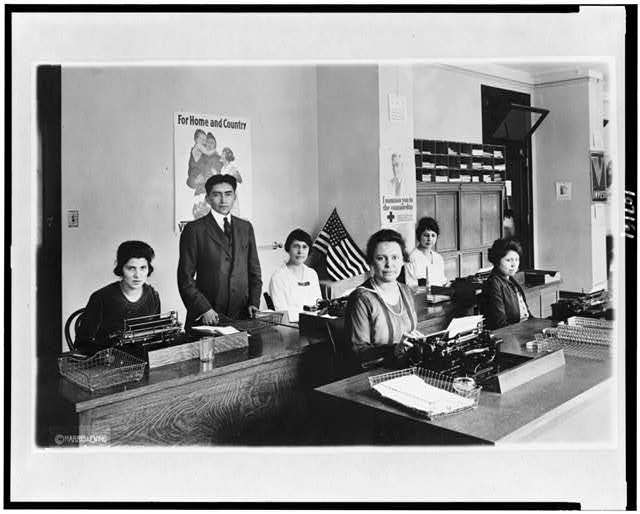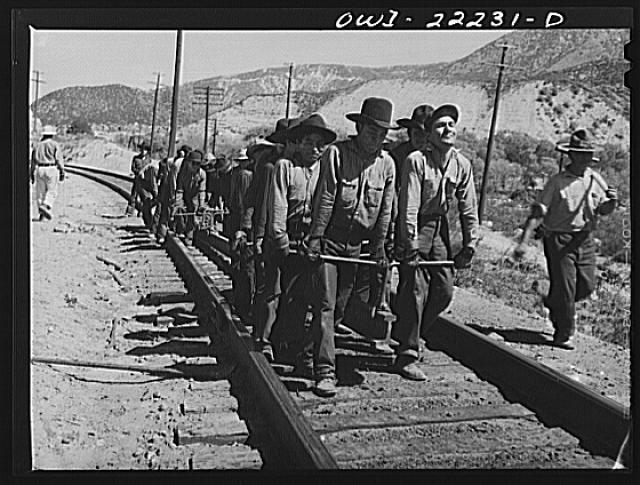A Painful Legacy of Discrimination
“A painful legacy of discrimination” as President Obama called it, began with European immigrants’ expropriation of land, assets and resources, through theft, conquest, and false treaty agreements. Not only did this lead to the loss of future wealth opportunities, Native Americans also lost political, economic, and social autonomy. In earlier years, mainly dangerous, or strenuous jobs were available for Native Americans. Many were in construction or mining, where the labor was treacherous, and the pay was little. As for native women, often they joined men in mines or farm fields, other times, especially in the 20th century, many worked desk jobs or more domestic duties like manufacturing clothes. Fortunately, through the growing economic sovereignty of reservations and government assistance through more inclusive legislation, the population is recovering.
Increasing opportunities for work on reservations prevents workplace racial discrimination outside of reservations. The Cherokee, for instance, of Oklahoma has the second highest continuous tribal employment rate of 72.8%, as of 2013. Diane Kelly, the executive director for career services for the Cherokee Nation, began her career with the intent to save tribal members from facing such discrimination. As of 2017, the Cherokee tribe had employed over 11,000 tribal members and had contracts with several native owned businesses. By circumventing this legacy of workplace discrimination, the Cherokee have been able to not only improve the economy and lives of their members but also become one of the major economic forces in Oklahoma with an annual economic impact of over 2 billion dollars.


